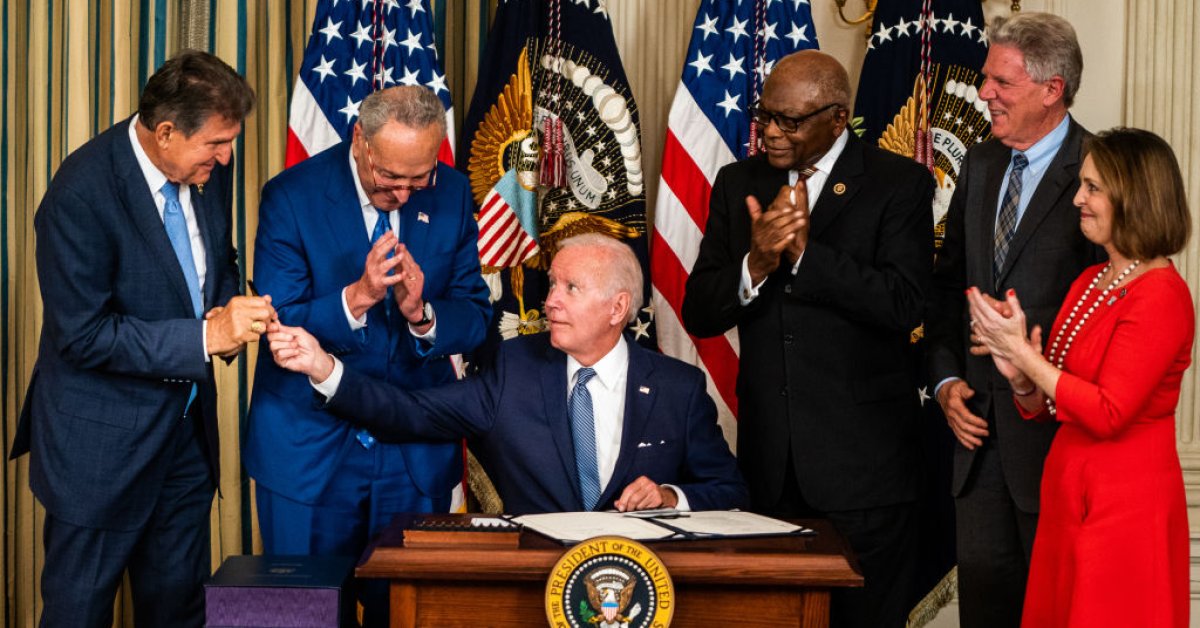President Joe Biden has announced the commutation of sentences for 37 inmates currently on federal death row, marking a significant policy move in his administration’s stance on capital punishment. This decision reduces the sentences of nearly all of the 40 federal death row inmates, with the exception of those convicted of terrorism-related offenses and hate-motivated mass killings.
In a statement issued by the White House on Monday, President Biden emphasized that the commutations align with the moratorium on federal executions imposed by his administration. The move reflects Biden’s long-standing opposition to the death penalty, a position he has maintained throughout his political career.
The commutation decision follows a broader shift in U.S. policy, as Biden seeks to curb the use of capital punishment in federal cases. Since taking office in January 2021, Biden has worked to limit federal executions, a sharp contrast to the previous administration, which oversaw a series of executions in its final months.
Under the commutation, the inmates’ sentences will be reduced to life imprisonment without the possibility of parole. This change is expected to have a lasting impact on the federal justice system and further fuel the ongoing national debate over the death penalty, which remains a divisive issue in the United States.
Although this decision will affect a majority of those on federal death row, it does not extend to individuals convicted of terrorism or mass killings driven by hate. These exceptions reflect the administration’s focus on cases it views as particularly heinous, where the death penalty remains in place as a deterrent for such extreme crimes.
This commutation move is part of a broader shift toward criminal justice reform, with the Biden administration signaling its intent to overhaul various aspects of the criminal justice system. Advocates for the abolition of the death penalty have praised the decision, calling it a necessary step toward reducing the use of state-sanctioned executions.
However, the policy change is also likely to face criticism from those who argue that the death penalty remains an essential tool for punishing the most serious offenses, particularly in cases involving terrorism and mass violence. As the national conversation continues, Biden’s decision adds a new chapter to the ongoing debate about the role of the death penalty in American society.
This action underscores the Biden administration’s focus on reevaluating the application of capital punishment and aligns with efforts to address broader concerns over fairness, racial bias, and the potential for wrongful convictions in the criminal justice system.



